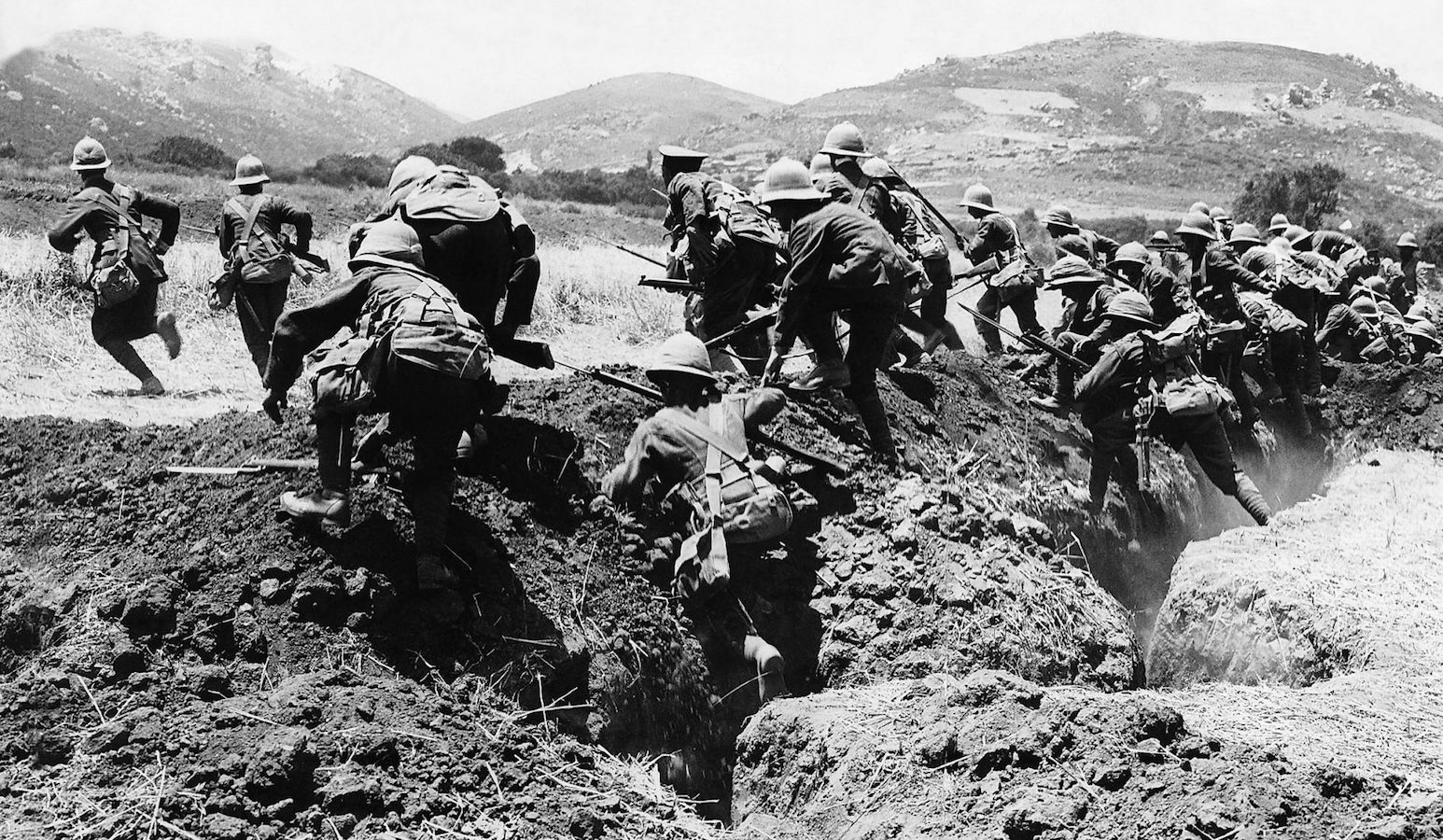
Gallipoli Campaign
Ottoman forces defeat the Entente at Gallipoli
17 February 1915 - 9 January 1916
The Gallipoli Campaign took place during the First World War on the Gallipoli Peninsula. During the course of the campaign, France and Britain launched a naval attack against the Ottoman Empire, followed by an amphibious landing. The intention of the Entente powers was to capture the Turkish capital, Constantinople, modern-day Istanbul. After heavy fighting the attack was defeated, and the invasion force had to withdraw to Egypt. Gallipoli was the only major Ottoman victory during the war, and in Turkey it is seen as a defining moment in the nation’s history.
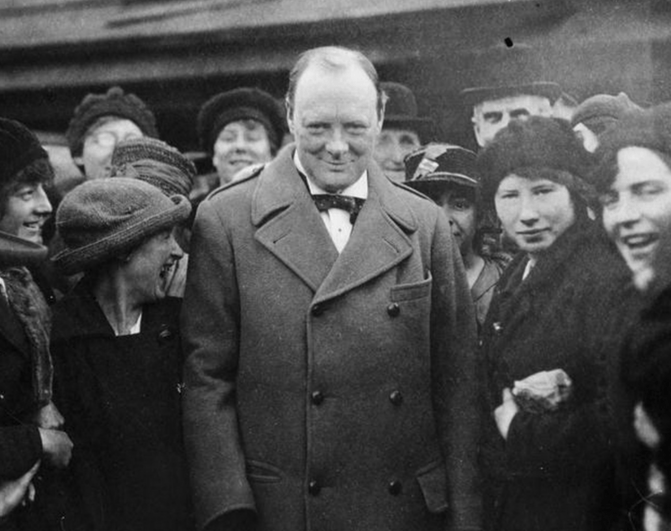
1 of 4
In Britain, some saw Turkish weakness as an opportunity. Winston Churchill, serving as First Lord of the Admiralty, believed that a British naval expedition to force the Dardanelles and take Constantinople could quickly open the way to aiding Russia, and allow the encirclement of the Central Powers. This concept would grow into a somewhat muddled plan to take the Dardanelles and the Gallipoli Peninsula, subdue Constantinople, and knock the Turks out of the war quickly.
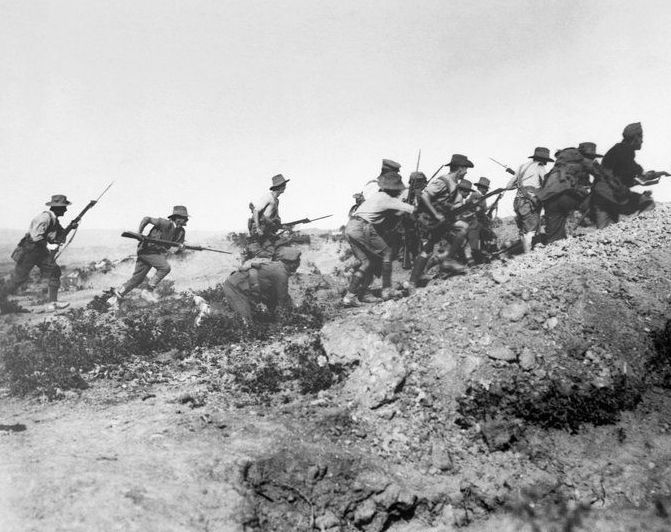
2 of 4
The strategic confusion at the heart of the British government was indicative of the inability of politicians to grasp the implications of their involvement in a continental war based firmly in Europe, rather than the traditional random maritime interventions of yore. Troops had begun to gather in the Mediterranean area almost by default, with no real attention paid to their readiness for war.
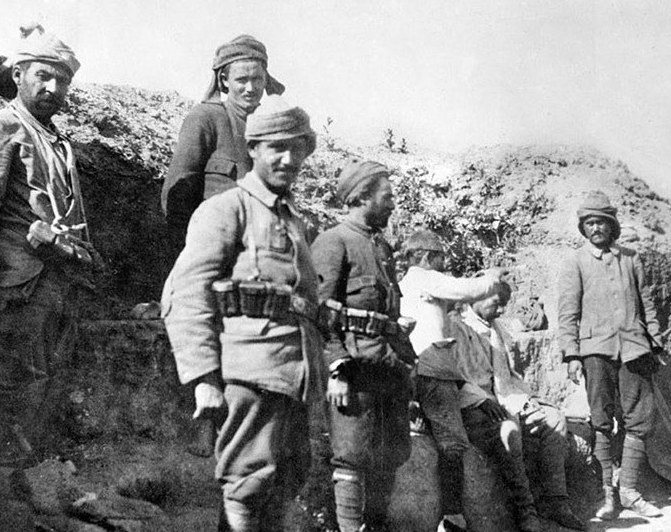
3 of 4
As the British attacked at Gallipoli they came to realize that the Turkish army, although ill-equipped and although defeated in the Balkan Wars, put up a formidable fight, especially when on the defensive. There was no sense of a combined purpose; each beach landing was fought as a separate operation, with no effective cooperation to assist each other when things went wrong.
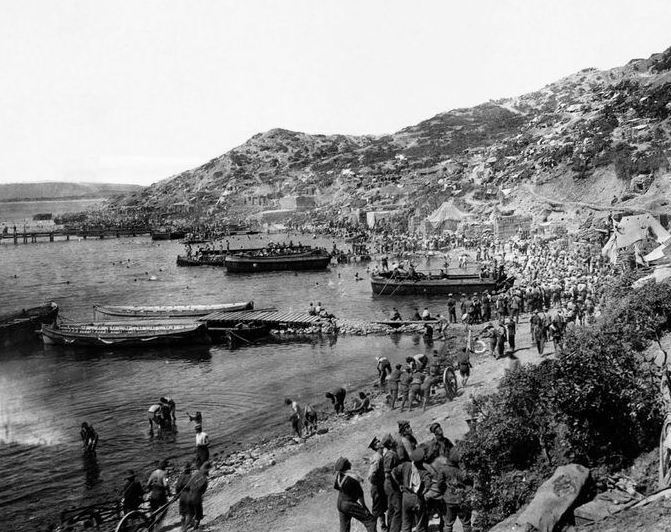
4 of 4
The effort against the Dardanelles and the landings of troops at Gallipoli led to more than 250,000 Entente casualties, and demonstrated many of the problems of coordinating army and navy forces in ‘combined operations’. Although the Entente made many mistakes, in some cases they simply suffered the bad luck of the accidents of war. In retrospect, the history of Gallipoli became one of the great tragedies of World War I.
Although the Ottoman Empire had shrunk and its military forces seemed weakened in the years before World War I, the country had been modernizing fairly rapidly. In a seizure of power, a group of military men and political leaders known as the Young Turks took over in 1908, retaining the sultan in name, but working to reduce the influence of Islamic clergy. In their efforts to westernize the country, they brought in military advisers from Europe and built up the armed forces. Several factors pushed Turkey in the direction of an alliance with Austria-Hungary and Germany.
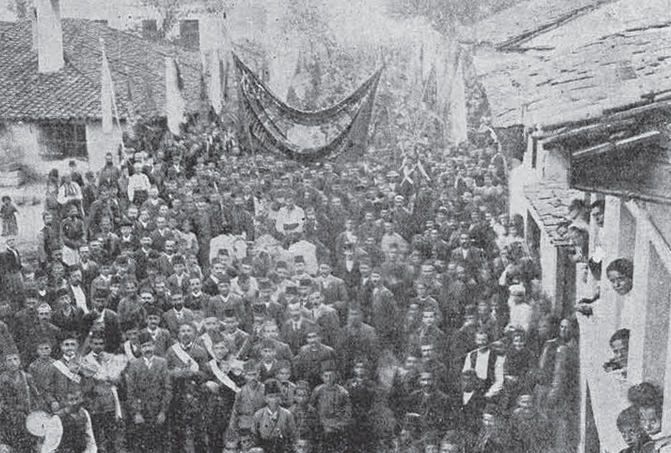
1 of 5
Reforms in the status of women, in education, and in other areas of life proceeded more slowly than the improvement in the military. The leaders, Enver Pasha, Talaat Bey, and Djemal Pasha proclaimed the official equality of all faiths within the state: Jewish, Christian, and Muslim. In some of the Arabic-speaking areas of the Empire, such as Syria, Palestine, and the Arabian Peninsula, resentment at the Turks for their movement away from traditional Muslim values simmered beneath the surface.
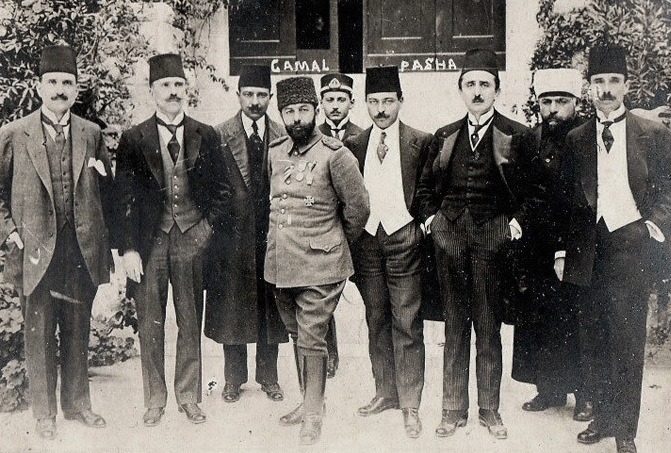
2 of 5
Several events made it easier for Turkey to meet its treaty obligations. First, the British decided, given the well-known pro-German stand of Turkey, to refuse to deliver two new battleships that had been ordered by Turkey, paid for, and built in British yards. The Young Turks played up the British offense to their sovereignty in the press, and public opinion took a decidedly anti-British turn.
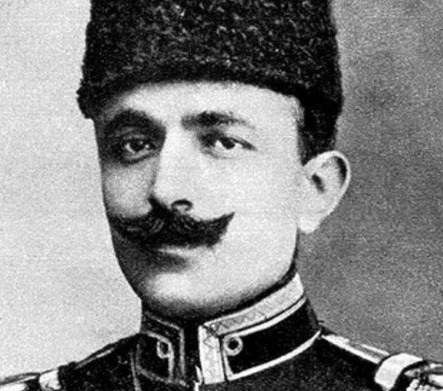
3 of 5
Although the Young Turks admired both German and British modernity, British Liberals had openly criticized Turkish policies and the regime. Russia and Turkey had a long history of conflict, and Russia had made no secret of its ambitions to control the Bosporus and the Dardanelles. Meanwhile, Germany had tried to build up friendly relations with Turkey by sending military advisers. This effort led to a secret treaty signed just before the war, in which Enver Pasha, the Young Turk war minister, agreed to assist Germany in the event of war. Nevertheless, Turkey remained officially neutral through the first three months of the war.
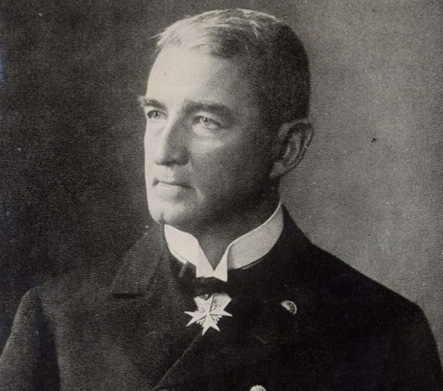
4 of 5
Germany had two battleships in the Mediterranean when the war started, the battle cruiser Goeben and the light cruiser Breslau. After some inconclusive engagements with British warships, the commander of this small German force, Admiral Wilhelm Souchon, decided to proceed to Constantinople. After some negotiations, the Turks agreed to let the German ships proceed through the Dardanelles, on condition that the Turkish navy purchase them. The purchase went ahead, with the German officers remaining in charge to train Turkish sailors.
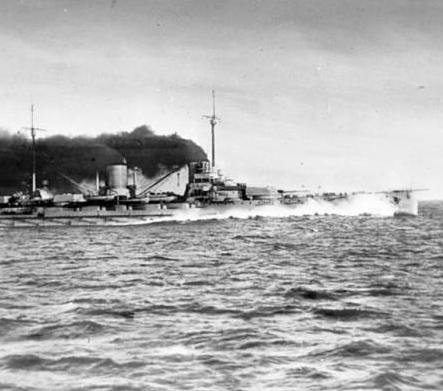
5 of 5
In order to provide a precipitating incident, the warships Goeben and Breslau left Constantinople, under nominal Turkish control and flags but officered and partially crewed with the original German sailors, and steamed across the Black Sea, where they shelled three Russian ports. Russia, with its long-standing interest in controlling the route to the Mediterranean, needed no further provocation for a war. Russia declared war on Turkey.
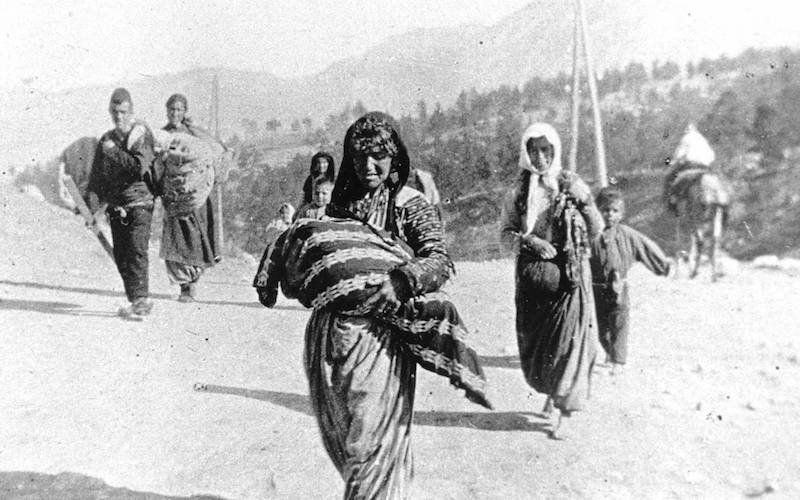
Caucasus Campaign
The complex political situation in the Caucasus escalated into a full fledged war when hostilities began between the Ottoman Empire and Russia.
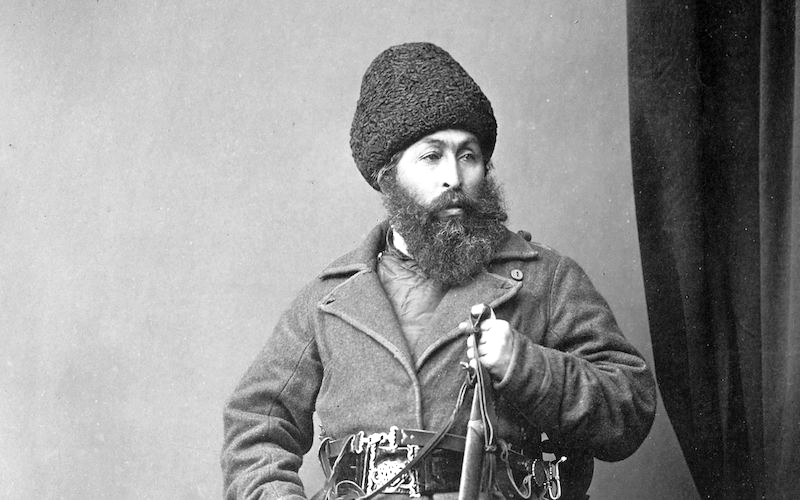
Persia and Afghanistan during the Great War
Germany, with some Turkish assistance, tried to ally with Afghanistan in order for that country to instigate a potential revolt in India. In Persia the Germans tried to eject the British and Russian influences in order to gain access to its rich oil resources.
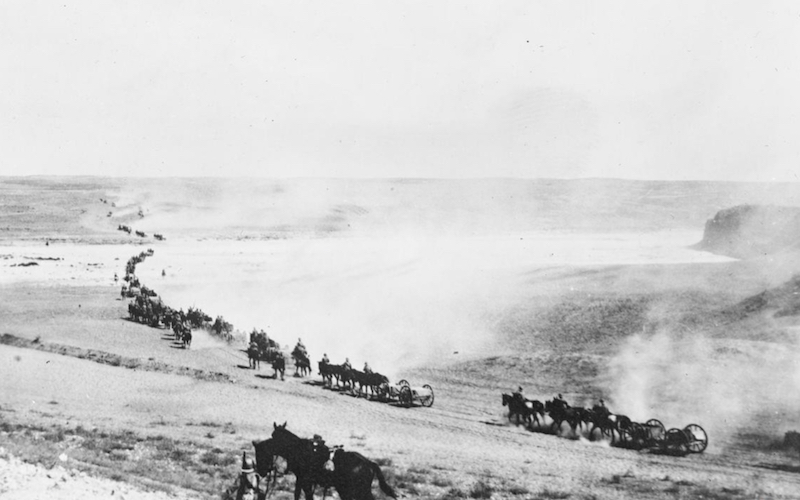
Sinai and Palestine Campaign
The campaign in Egypt started when the Turkish Army attacked the British positions at the Suez Canal. Turks surrendered at the Armistice of Mudros.
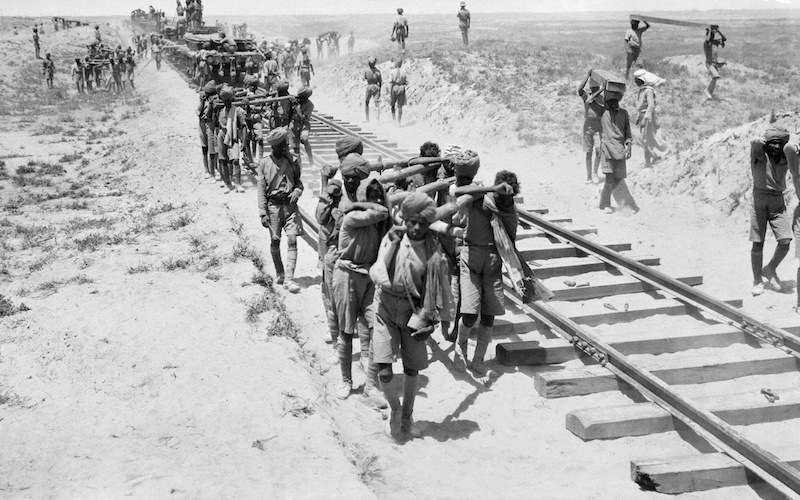
Mesopotamian Campaign
During the Great War British and Ottoman forces fought for control over Mesopotamia and its rich oil fields.
- Peter Hart, The Great War: A Combat History of the First World War, Oxford University Press, Oxford, 2013
- Rodney P. Carlisle, World War I, Infobase Publishing, New York, 2007
- Peter Simkins, Geoffrey Jukes, Michael Hickey, Hew Strachan, The First World War: The War to End All Wars, Osprey Publishing. Oxford, 2003
- Hew Strachan, The First World War, Penguin Books, London, 2003





